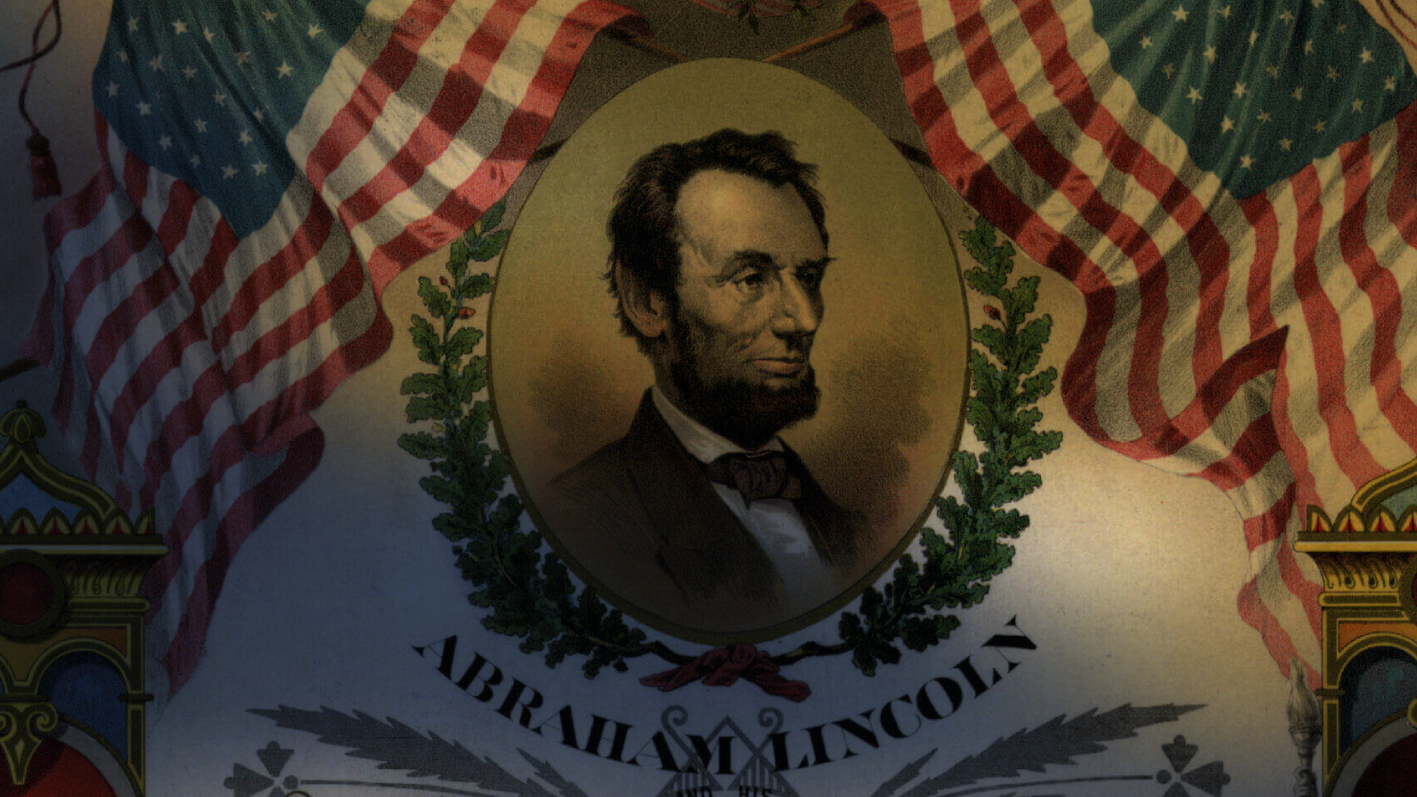Juneteenth or Emancipation Day commemorates the end of slavery in the United States, the term comes from the combination of two English words june (June) and nineteenth (nineteenth).
The commemoration originates from the Emancipation Proclamation signed by President Abraham Lincoln on January 1, 1863, to free African-Americans during the United States Civil War. But, it was not until 1865 that it began to be a reality.
In that year, the thirteenth amendment to the Constitution was approved, which ended up abolishing slavery. It was then on June 19 that African-American slaves in Galveston, Texas were informed that slavery had come to an end and they could leave as free people.
Prayers and family reunions were part of the early celebrations, later including annual pilgrimages to Galveston by former slaves and their families.
In 1980, Juneteenth became a state holiday, and several other states subsequently followed suit. In 2021 it became a federal holiday.
The commemoration is also remembered outside of the United States, being used by organizations in several countries to recognize the end of slavery and honor the culture and achievements of African Americans.
Juneteenth is an opportunity to reflect on what still needs to be done to address racism and inequality, and above all, highlight the importance of freedom for peoples.
